Blog List
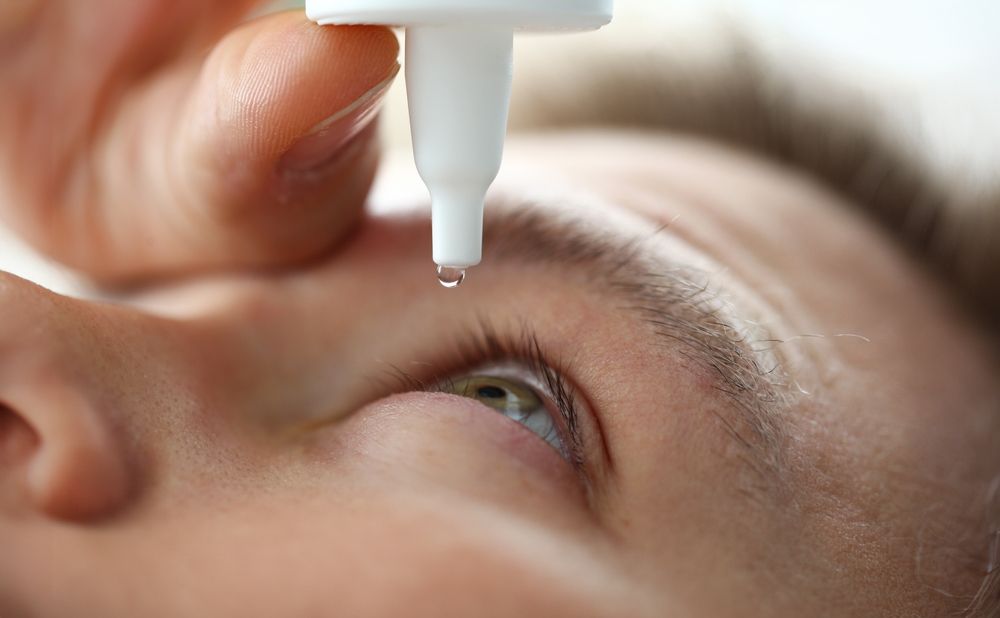
Artificial tears are often the first line of defense for dry eye relief, but over time, many patients feel they become less effective. This can lead to concerns about building a resistance to eye drops or worsening eye health.

Screens are a part of everyday life for today’s children. From tablets used in classrooms to smartphones, gaming systems, and laptops at home, kids are spending more time than ever focusing on digital devices.
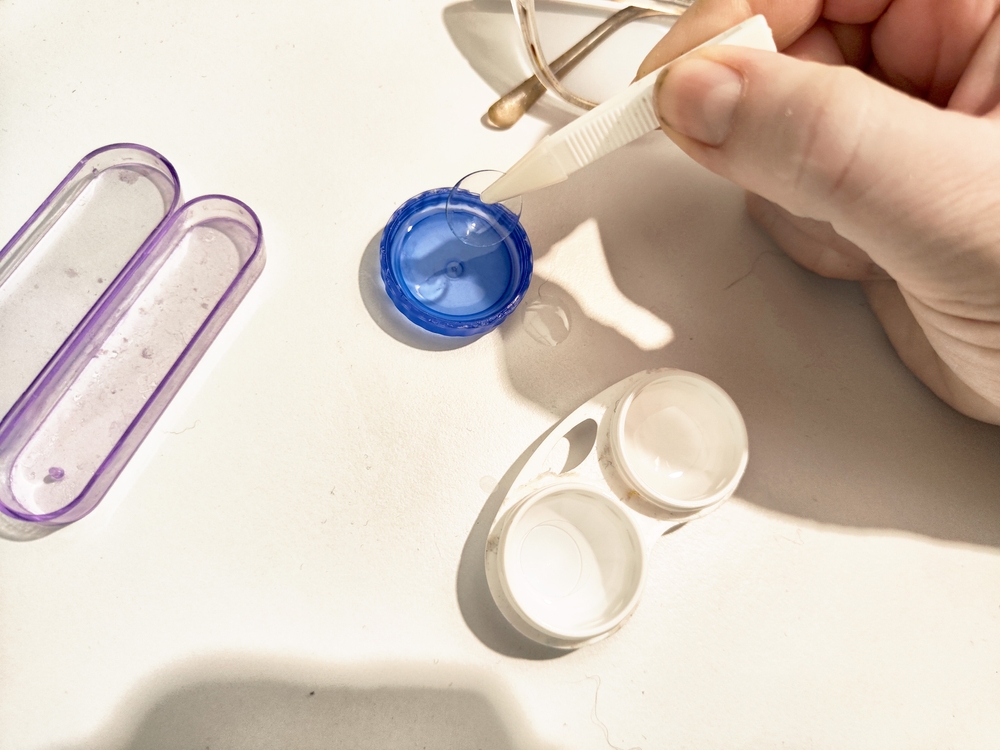
Corneal abrasions are small scratches on the surface of your eye, but even minor injuries can cause significant discomfort. Contact lens wearers are at higher risk, especially if lenses are worn improperly or if the eye surface is already dry or irritated. Understanding how to protect your eyes can help prevent painful injuries and long-term complications.
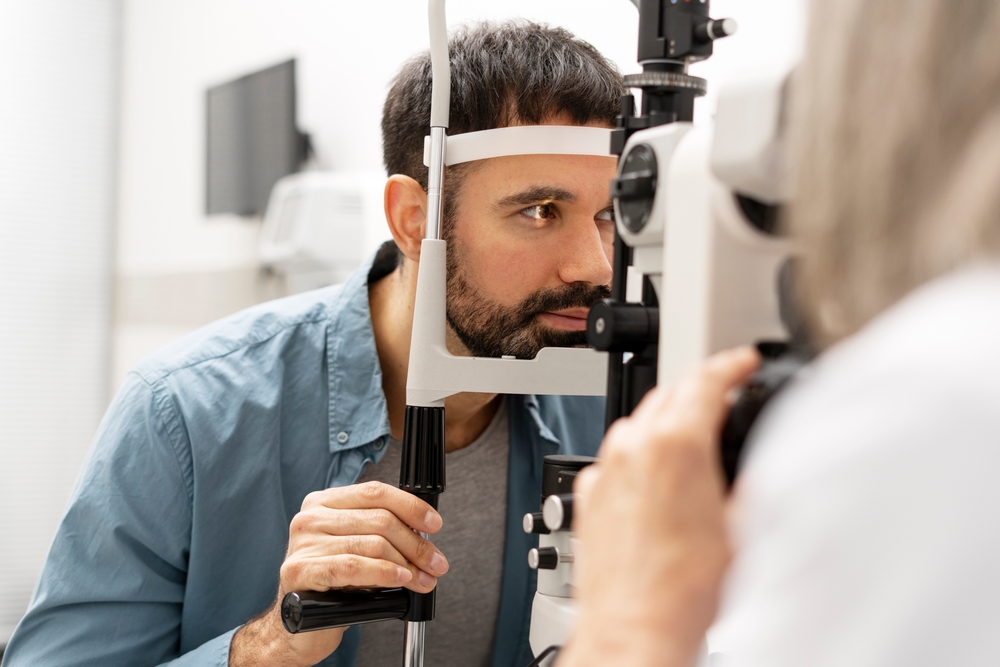
Color vision plays an essential role in how we perceive the world - helping us interpret traffic lights, choose ripe fruit, match clothing, and more. For most people, the eyes and brain work together seamlessly to distinguish millions of color shades. However, for those with color deficiency (commonly known as color blindness), this process doesn’t function in the same way, making certain colors difficult or even impossible to distinguish.
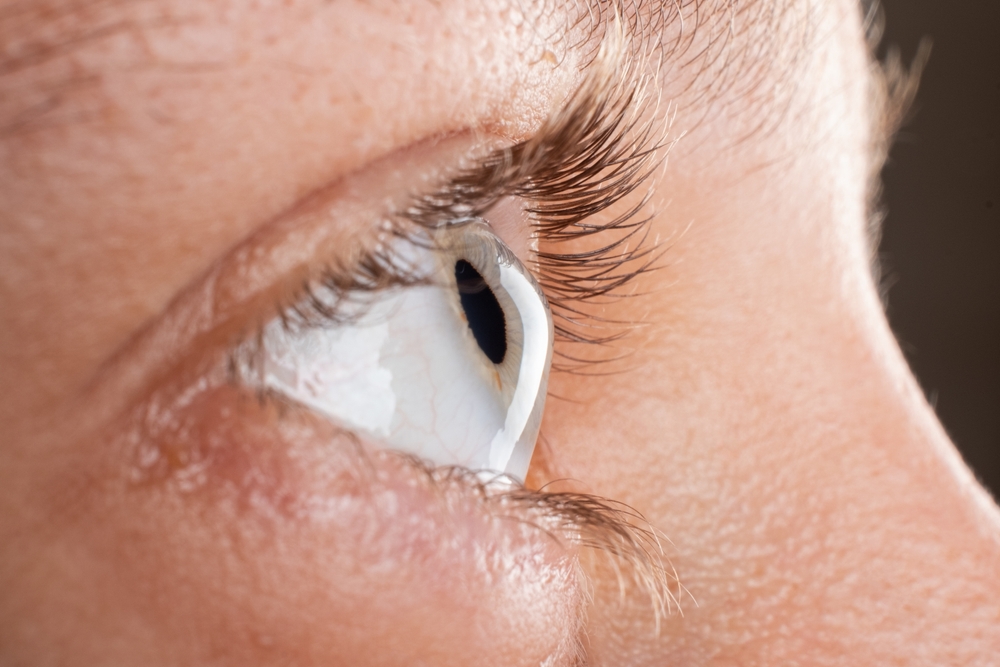
Keratoconus is an eye condition that gradually changes the shape of your cornea. Instead of staying round and smooth, the cornea thins and bulges into a cone-like shape. This distortion makes it difficult for light to focus properly on the retina, leading to blurry and distorted vision. While it often begins in adolescence or early adulthood, keratoconus can progress over time if left untreated.
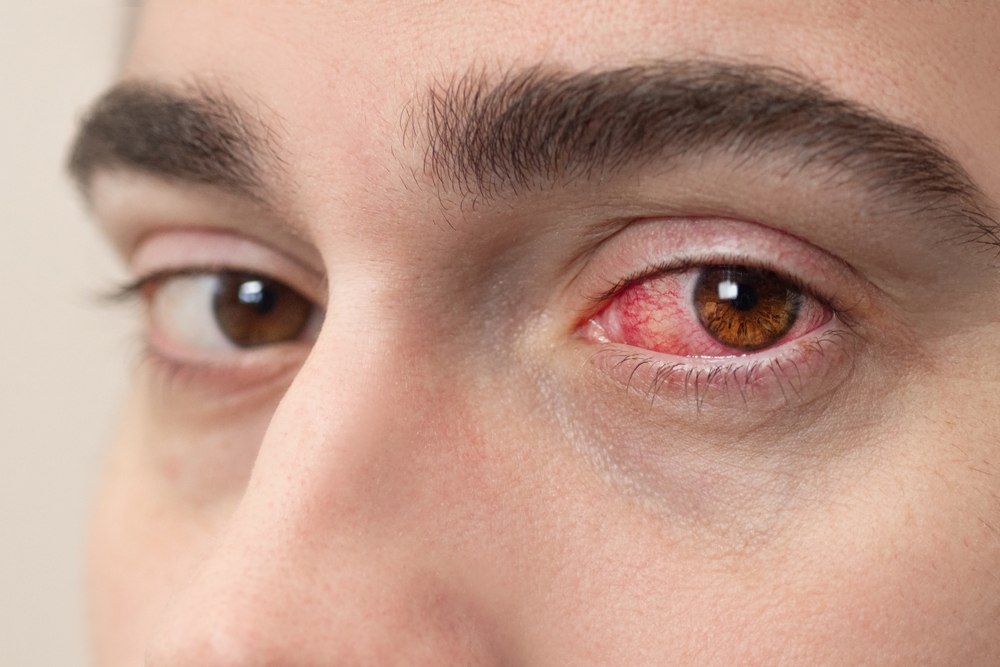
Conjunctivitis, often referred to as “pink eye,” is an inflammation of the conjunctiva, the thin transparent layer that lines the white part of the eye and the inside of the eyelids. This condition can affect people of all ages and may be caused by infections, allergies, or irritants. While conjunctivitis is common, prompt diagnosis and treatment are essential for preventing complications and protecting your vision.

Choosing the right pair of glasses is about more than just improving your vision. It’s about finding eyewear that complements your features, fits comfortably, and supports your daily routine. At Houston Dry Eye Clinic, we know that the perfect frames can boost your confidence and make life easier, whether you’re working, socializing, or staying active. Here’s how to choose eyewear that suits both your face and your lifestyle.

When it comes to seeing the world clearly, the right lens technology can make all the difference. Whether you're managing a chronic eye condition or simply trying to reduce everyday discomfort, advancements in lens design can significantly enhance your quality of life. At Houston Dry Eye Clinic, we offer customized lens solutions that go beyond standard vision correction.

Dry eye syndrome is a common condition that occurs when your eyes do not produce enough tears or when the tears evaporate too quickly. While age, screen time, and medical conditions often get the spotlight, environmental factors can also play a major role in triggering or worsening dry eye symptoms. At Houston Dry Eye Clinic, we believe that understanding these triggers is essential to managing your eye health.

Scleral lenses have revolutionized how we manage a wide range of eye conditions. Unlike traditional contact lenses, scleral lenses are larger in diameter and rest on the white part of the eye, known as the sclera. This design allows them to vault over the cornea and create a tear-filled chamber that provides clear vision and long-lasting comfort. For many people who struggle with hard-to-fit eyes or persistent dry eye symptoms, scleral lenses can be life-changing.




